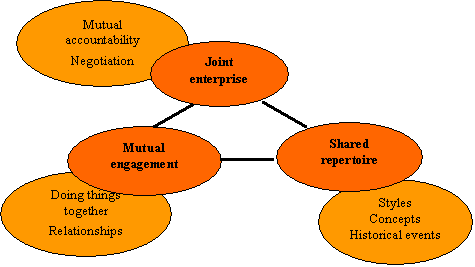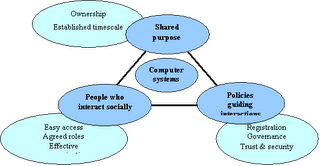Feedback from ocTEL session at ALT-C
18/09/2013 in About this course, Course information
Our evaluator, Rachel Harris, has posted a short report on last week’s session at ALT-C. James Little also did a great job of providing a Twitter commentary with photos, which you can read back via the #octel tag until more tweets knock it down the timeline. Here are the slides that Rachel, Martin Hawksey and I presented in the second session. (We linked previously to Martin’s account of his own separate session on the ocTEL technology.)
The final slide was intended to provoke comment from the participants in the session in the event that they had little to say. As it happened, there was plenty of feedback and we didn’t need it!
There was quite a bit of feedback from ocTEL participants who classified themselves as “dropped-out”, saying that the beginning of the course was too overwhelming. (This was even after factoring out the effect of a fiasco we had in the first 36 hours or so with an email list that got out of hand with volume of messages.) We found that ocTEL participants retained the sense that not completing amounted to failure, despite our repeated counsel that that was not the case. In response, Roy Williams asked “Why do people talk about being overwhelmed?”. If you go to a conference, you accept the fact that I can’t go to all the sessions and have meaningful conversations with everyone. It is not particularly overwhelming. If people looked at MOOCs in the same way as conferences, then they might feel less overawed. In jest, we floated the idea changing our name to ofTEL, the open festival of Technology Enhanced Learning, the world’s first MOOF.
Some people did the course just out of interest to experience a MOOC, but that is not likely to be ocTEL’s audience in long-term.
If we’re serious about extending the reach of learning technology in HE and of ALT, then do we have to accept that a full-blooded “MOOC baptism”, as I called it, might not be the best way of doing that? One person was glad that they had decided not to persuade the mainstream academic staff to do ocTEL, because they could have been very disorientated by it.
The advice we gave at the start, (for example, “This is a professional development course, and its designers trust you, as a professional, to make your own judgements about what learning activities are useful to you and which you can skip. The reason there are so many options and alternative ways of spending your time is precisely to give you choice and control over selecting a path that feels right for you.”) was not sufficiently well communicated to learners.
What can we do to address this, short of repositioning the whole course and making it completely un-MOOCy? One option that occurred to me is to get people to go through a pre-course classification (n.b. not qualification — the course would still be open) whereby we describe different behaviour profiles (they might be called “gentle explorer” “occasional sampler” and “in at the deep end”, for example) and ask participants to say which profile they think they will most closely follow. Of course this would be non-binding, but it would force them to reflect on what would be a realistic ‘commitment’ for them to make, as well as underlying the legitimacy of the “occasional sampler’ route. We might even have different badges for them?
I should stress that these thoughts are all personal reflections, intended to encourage further comment, rather than any official ALT policy. As it stands, we remain hopeful, but not yet certain, of an opportunity to run ocTEL again early in 2014. To keep up with developments, please watch this space.



